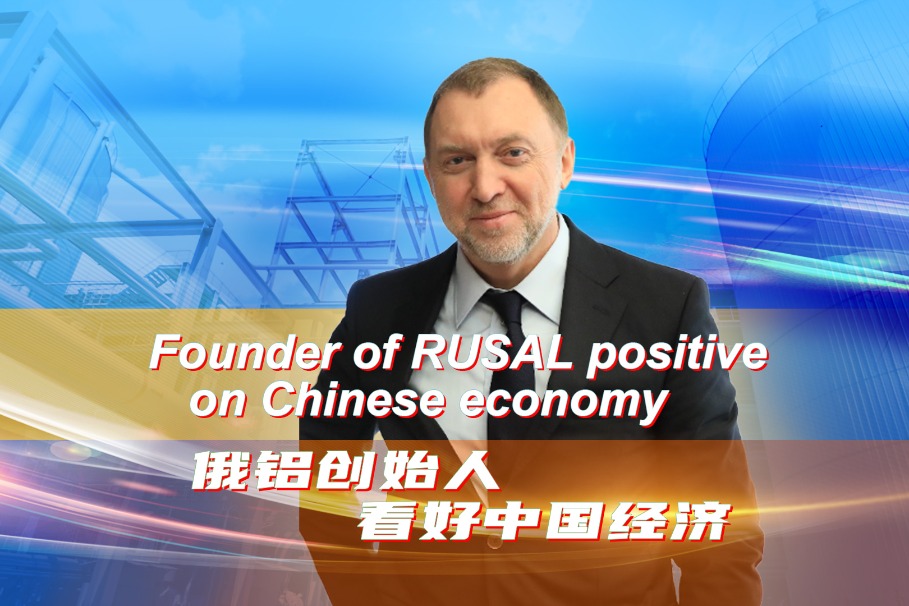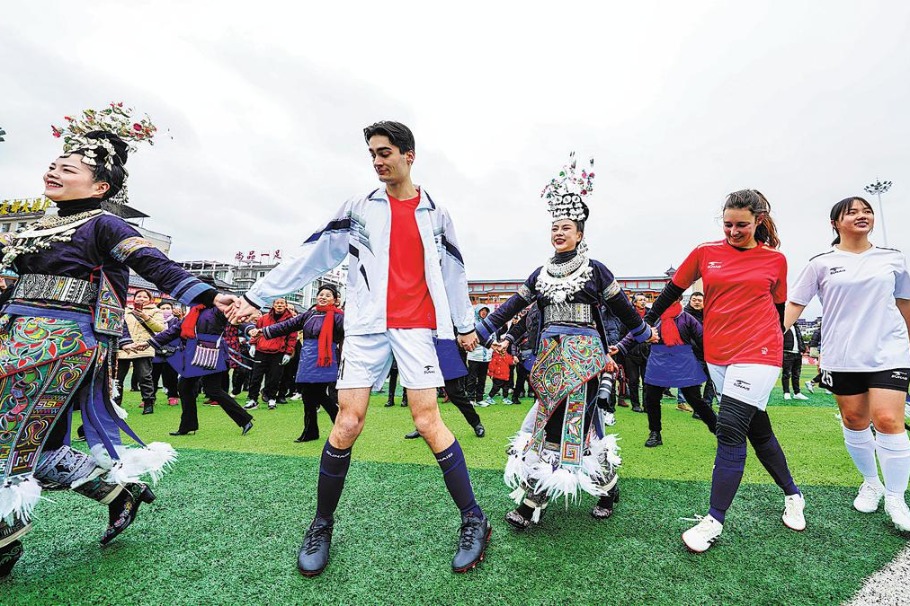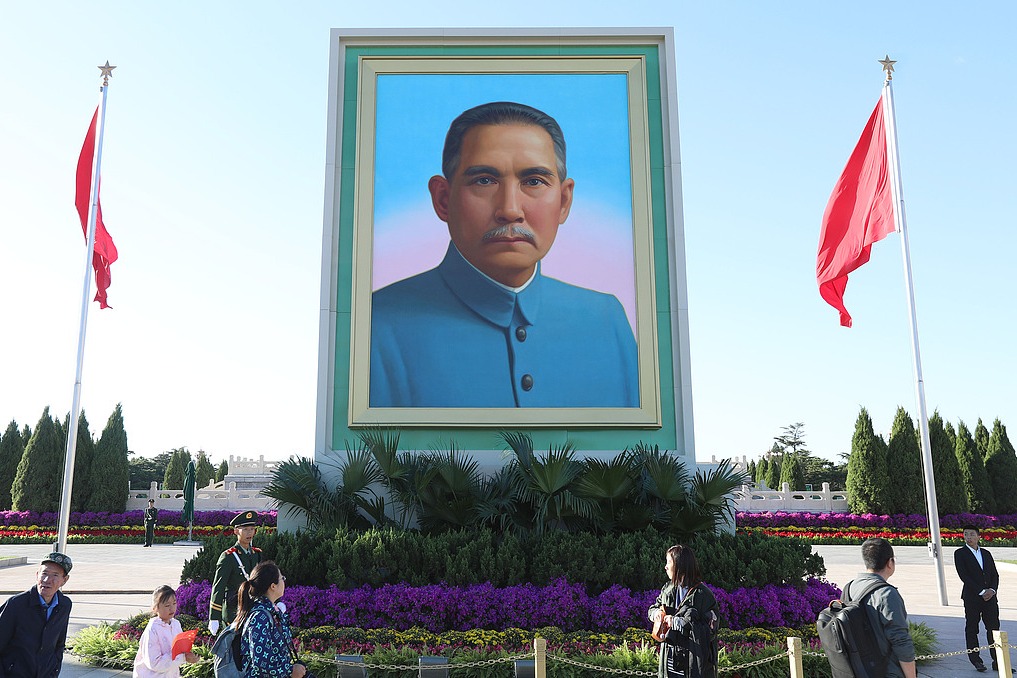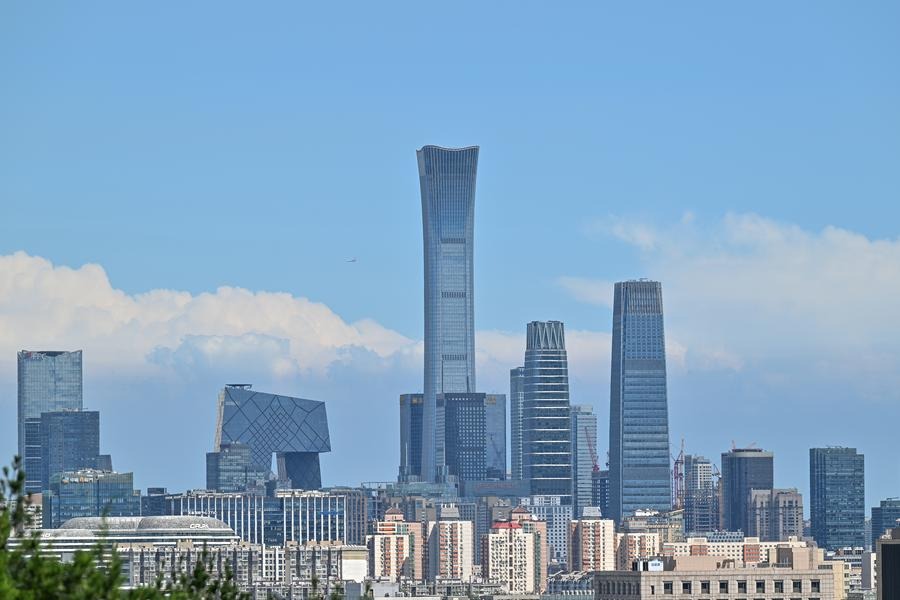China's poverty alleviation success holds lessons for Nigeria


In a recent interview with Xinhua News Agency, Garba Shehu, a senior spokesman for Nigerian President Muhammadu Buhari, said that the government has demonstrated keen interest in studying China’s development model, which has transformed the Asian country into a global economic powerhouse. He said Nigeria recognizes the potential of adopting an approach similar to that of China.
Considering that the two countries have maintained a durable partnership over five decades, with thriving bilateral cooperation including trade and investment – as both countries prioritize development – it should not be out of the blue that Nigeria is ready to emulate the Asian giant’s rapid development, which has improved lives in China and the rest of the world.
As a proud member of the global community, China has indicated its readiness to share the country’s development experience with the rest of the world. Faced with similar formidable challenges China had experienced in the past, Nigeria could draw vital lessons from the Asian country’s economic rise, which will certainly be an invaluable addition to efforts dedicated to foster development in Africa’s biggest economy.
For example, in poverty alleviation, a daunting task, China’s experience of lifting about 800 million people from poverty within four decades, the first in human history, presents important lessons to Nigeria, which is home to the largest population on the African continent.
With a population of more than 213 million, about 88.4 million people in Nigeria lived in extreme poverty in 2022 – accounting for 12.9 percent of the world’s entire population that lived in extreme poverty in that year. In fact, over the last 7 years, Nigeria has experienced a steady rise in its population that lives in extreme poverty.
Unfortunately, if the Nigerian government fails to take immediate and pertinent actions to effectively lift its people out of poverty, the situation could be worse in the coming years, particularly as the country’s bulging population projected by UN DESA-World Population Prospect could reach 264 million and 410 million in 2030 and 2050, respectively, which will present additional challenges.
To effectively tackle rising poverty in Nigeria, it is imperative for policymakers, the development community and all relevant stakeholders to take immediate, accelerated and concerted actions in a problem-solving process, drawing lessons from recent poverty eradication strategies that are inclusive and efficient. To achieve this goal, Nigeria could tap into China’s experience, which is as recent as 2020, to address various challenges that have impeded its poverty alleviation progress.
A recent report (2022) from the World Bank that reveals that as many as 4 in 10 Nigerians live below the National poverty line highlights major factors constraining poverty reduction gains in the West-African country. Namely, sluggish growth, low human capital, labor market weakness and exposure to shocks have stalled poverty alleviation progress in Nigeria.
To add more, the report shows that jobs do not translate Nigerians’ hard work into an exit from poverty – as most workers are engaged in small-scale household farm and non-farm enterprises – just 17 percent of Nigerian workers hold the jobs best able to lift people out of poverty.
In fact, these challenges in Nigeria share similarities; if not the same with those faced by policymakers and relevant stakeholders in China when they sought to alleviate poverty in a populous country. To address these challenges, China adopted two approaches – the first was broad-based economic transformation to create new opportunities and raise average incomes.
The second was recognition that targeted support was needed to alleviate persistent poverty; initially support was given to areas disadvantaged by geography and the lack of opportunities and later to individual households. These two approaches, rooted in the country's people-centered development philosophy, was the key to poverty eradication in China.
In the case of Nigeria, establishing and strengthening the broad-based economic transformation to open new opportunities and raise average incomes – which has the tendency to further increase the total population of the Nigerian workforce with jobs best able to lift people out of poverty, means scaling up investments dedicated to accelerate structural transformation of the economy – the transformation will drive industrialization and boost productivity across various sectors, including agriculture which is central to fostering job creation and inclusive growth.
Although agriculture is a major component of the Nigerian economy, contributing 23.36 percent to GDP in 2021 – the sector’s contribution to GDP has typically been stunted since 2011 – this phenomenon is evident in agriculture’s share of the country’s total employment, which has also been declining continuously for more than a decade. Since 2010 agriculture’s share of employment in Nigeria has experienced a free fall – dropping continuously from 41.36 percent in 2010 to 34.97 percent in 2019.
To address this pressing challenge, which certainly has not been limited to the agriculture sector, policymakers and relevant organizations should more than ever, increase concerted efforts designed to accelerate value addition and drive structural transformation of the Nigerian economy – increasing infrastructure investment in key areas such as energy, water supply, ICT, transport, healthcare and education – to improve access to electricity, clean water and sanitation and create a conducive environment for businesses to thrive, especially small and medium-sized enterprises which account for the largest share of all employment in the country.
To achieve this onerous task, Nigeria could benefit enormously from its good relationship with China to accelerate infrastructure development in the country, leveraging the Asian giant's vast expertise in this area to attain set goals. Through this means, Nigeria could create decent jobs for its rapidly growing population and adequately support social protection programs which will lift its population from poverty.
Alexander Ayertey Odonkor is a global economist with keen interest in the social, environmental and economic landscape of both developing and developed countries, particularly in Asia, Africa and Europe.
The opinions expressed here are those of the writer and do not necessarily represent the views of China Daily and China Daily website.
If you have a specific expertise and would like to contribute to China Daily, please contact us at opinion@chinadaily.com.cn, and comment@chinadaily.com.cn.


































